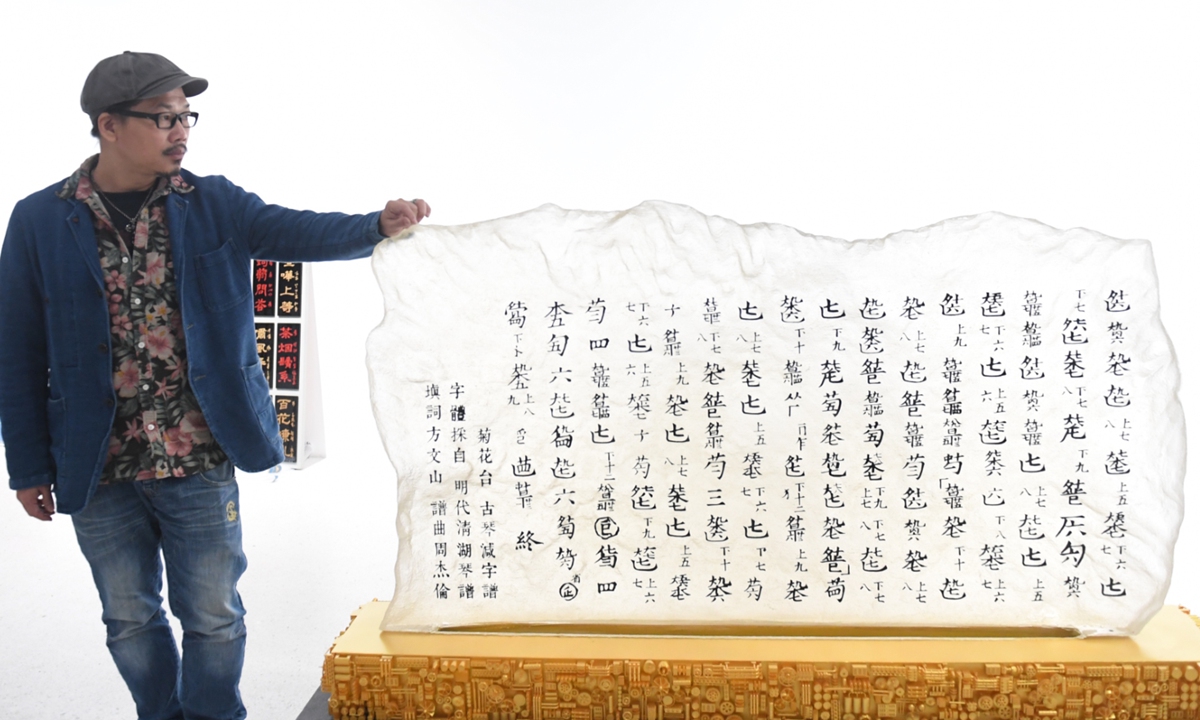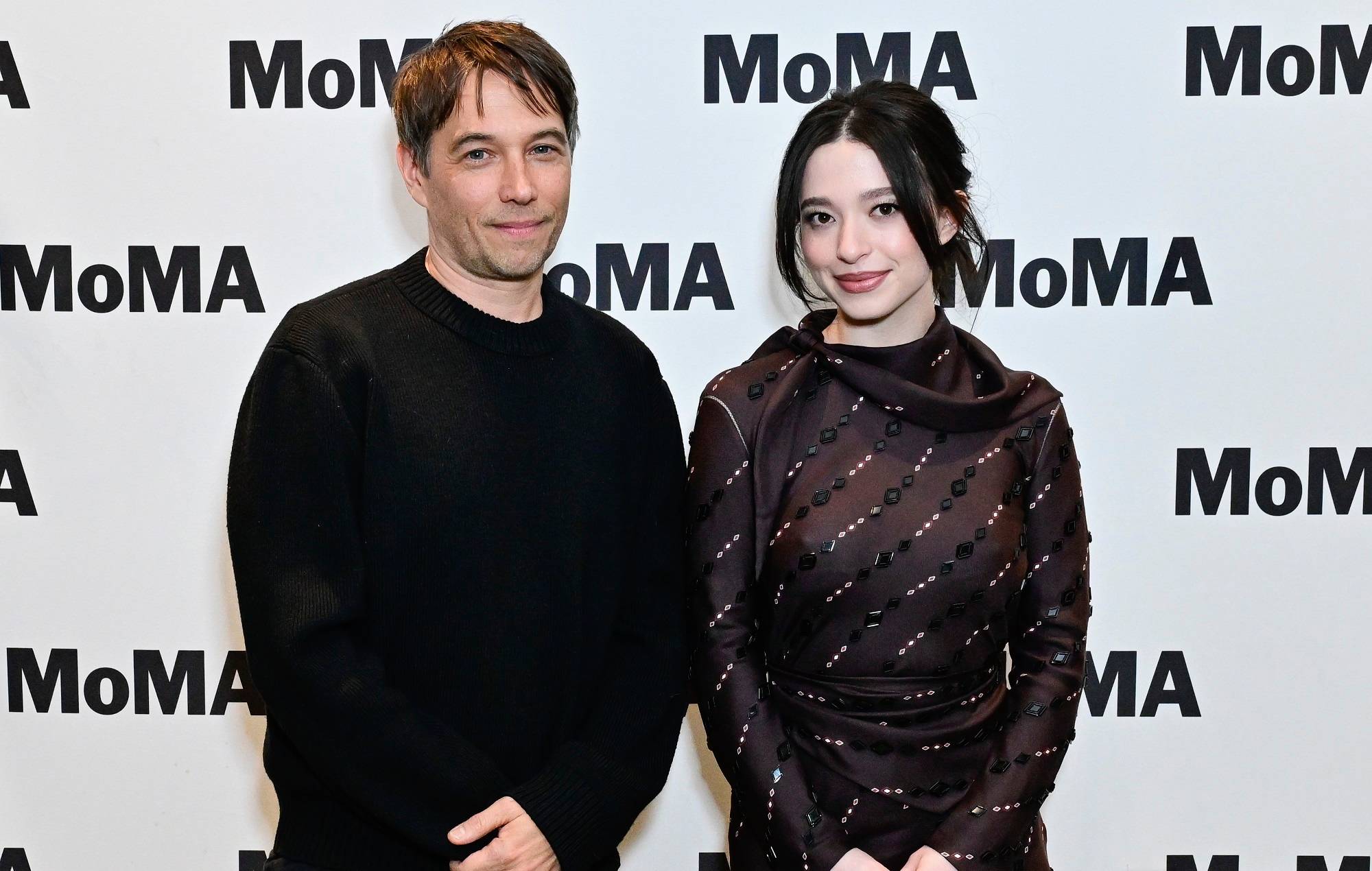Vincent Fang Wenshan, a luminary in the realm of Chinese pop music, is celebrated not only for his lyrical prowess but also for his deep-rooted passion for traditional Chinese culture. Recently, he was spotted in the picturesque Xitang water town, adorned in a traditional Ming Dynasty robe, fully immersing himself in the art of tea whisking—a practice that dates back to the Song Dynasty. This experience was part of the Hanfu cultural festival, where Fang, along with thousands of visitors, reveled in the rich tapestry of Chinese heritage, surrounded by elements such as traditional clothing, tea, and calligraphy.
The festival was a vibrant showcase of cultural influence, with Fang’s lyrics echoing through the air, captivating the audience. His poetic lines, such as “The deep blue and pearl white glow like porcelain” and “Wishing for the wheel of history rolling back,” reflect a profound connection to ancient Chinese poetry. These words, crafted for songs performed by the renowned Taiwanese singer Jay Chou, have become integral to the cultural memories of audiences across the Taiwan Straits and beyond. Since Chou’s debut in 2000, Fang has penned lyrics for more than half of his albums, earning accolades and playing a pivotal role in the rise of Chinese-style pop music.
Fang’s unique ability to weave traditional motifs with contemporary themes sets him apart in the music industry. His work resonates deeply with listeners, bridging the gap between the past and the present. This blend of cultural heritage and modernity has not only enriched his own artistry but has also inspired a new generation of musicians eager to explore the beauty of the Chinese language and its emotional depth.
In an exclusive interview, Fang expressed his desire to extend his influence beyond music. He aims to promote various traditional cultural elements that serve as the foundation of his creative work. By organizing Hanfu cultural festivals, engaging in tea culture, and advocating for calligraphy, Fang seeks to share the richness of Chinese culture with a broader audience. “I felt a strong sense of mission to promote its rich essence and share its beauty with a wider audience,” he stated, emphasizing his commitment to cultural revitalization.
Fang’s vision is clear: popular culture—be it music, drama, or film—can serve as a powerful vehicle for bringing ancient cultural heritage to the forefront. Over the past 12 years, he has initiated the Hanfu cultural festival in mainland China, which has become a celebrated event. The 2024 Xitang Hanfu Culture Week featured an array of activities, including parades, garden fairs, situational dramas, and lantern shows that illuminated the night sky. As Hanfu enthusiasts strolled through the enchanting streets, a dazzling display of drones choreographed a light show that intertwined elements of Hanfu culture, creating a mesmerizing experience for all.
Fang’s dedication to traditional culture is deeply personal. He believes that the essence of this heritage is the bedrock of his creative endeavors. His lyrics, often infused with the beauty of classical literature, particularly the poetry of the Song Dynasty, reflect his lifelong passion for traditional Chinese culture. Growing up in Taiwan, Fang immersed himself in ancient texts and frequented bookstores to explore the richness of Chinese poetry, which laid the groundwork for his successful musical journey.
With a profound sense of responsibility towards traditional culture, Fang is committed to helping others appreciate its beauty. His next ambition is to showcase the art of Chinese calligraphy, which he views as a unique form of artistic expression. Fang believes that Chinese characters transcend mere communication; they embody an art form deserving of admiration. He envisions high-quality dramas or films that highlight the beauty of calligraphy, aiming to attract younger audiences and inspire them to engage with this art form.
Throughout his career, whether through crafting evocative lyrics or exploring cross-disciplinary arts, Fang has tirelessly worked to popularize traditional culture. His journey reflects a deep-seated belief in the importance of cultural identity and the need to revitalize traditions for future generations. As he continues to navigate this path, Fang remains a beacon of inspiration, demonstrating how the past can beautifully inform the present and shape the future of Chinese culture.


